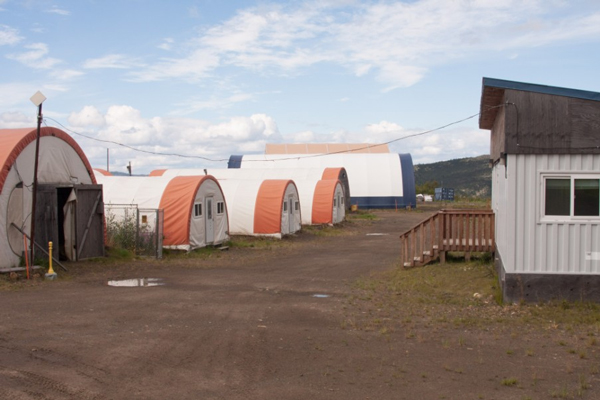
Donlin Gold has announced plans to restart its drilling program as the state loosens coronavirus health mandates and travel restrictions.
Donlin Gold has called this drilling program the biggest in 12 years. But the company had to suspend its operations in March as state officials issued health mandates restricting travel and requiring quarantines for out-of-state workers.
The company wants to build one of the biggest gold mines in the world, and recently started drilling for samples to possibly expand the mine’s operating life. Once the mine is constructed, company officials say that the production could last 27 years or longer, depending on the deposit.
On May 22, Donlin Gold announced plans to rotate 60 people in two crews, three weeks on, three weeks off, over the summer. The company will require employees to take a coronavirus test before coming into the camp, and again when they leave. They will screen employees for coronavirus symptoms, use charter flights to transport people to and from the mine, and maintain 6 feet of distance in eating areas and living quarters. So far, there have only been two confirmed cases of the coronavirus in the Yukon-Kuskokwim Delta.
Donlin Gold spokesperson Kristina Woolston said that they are still hiring employees. So far, 30 people will come from Yukon-Kuskokwim Delta villages, and 40 are shareholders. Donlin Gold has been vague on the number of people coming in from outside of the region to work at the camps.
As part of its lease agreement with the two Native corporations that own the land and mineral rights, Donlin Gold must prioritize shareholder hires, but about 35 percent of Calista Corporation shareholders live in Alaska’s urban areas, other parts of the state, or in the lower 48. Calista owns the mineral rights to the mine.




